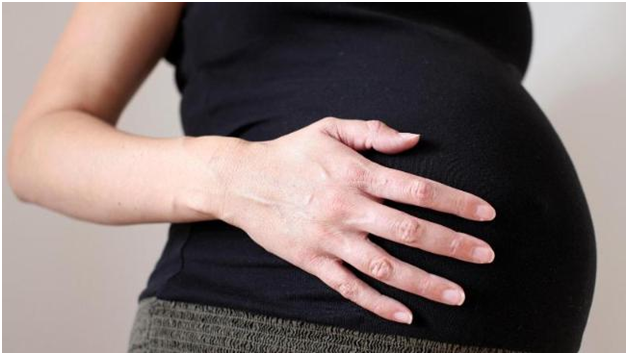Research Finds Genetic Link To Heart Condition Affecting Pregnant Women

Peripartum cardiomyopathy (PPCM) can prompt a lady creating heart disappointment in late pregnancy or soon after conveyance. It influences up to 700 ladies in the UK consistently, however there has already been no reasonable clarification for its reason.
In any case, Royal Brompton Hospital and Penn Cardiovascular Institute in the USA have distributed new discoveries demonstrating a grouping of key quality variations in ladies with the condition.
Definitely known danger components incorporate prior hypertension and preeclampsia, and most regular indications of the condition are windedness and palpitations. While these can more often than not be treated with medications, for example, ace inhibitors and beta blockers, in the most extreme cases, a heart transplant can be the main long haul choice.
Scrutinizes set out to figure out if the condition is connected to the hereditary changes in charge of a condition called enlarged cardiomyopathy (DCM), which imparts similitudes to PPCM. These incorporate heart amplification, drop in heart work, and even sudden passing. One in five cases is created by variations in the TTN quality.
Specialists utilized a specimen of 172 ladies with PPCM from six focuses over the world, 332 individuals with DCM in the UK and 60,000 control subjects, and looked at the predominance of variations in 43 qualities.
Around 15% of PPCM patients were found to convey variations that upset critical heart qualities. This was essentially higher than the controls yet like the patients with DCM (17%). Specifically, 10% of ladies with PPCM had changes of the TTN quality, contrasted and only 1.4% of the controls.
This confirmation recommends that PPCM can have fundamentally the same hereditary attributes to DCM, with variations of the TTN quality observed to be the most common hereditary aura of every ailment.
Specialists say the outcomes have suggestions for the way the condition is dealt with in future and could spare lives. For instance, it might imply that relatives of PPCM patients are offered the same hereditary screening as close families, to recognize any cases as quickly as time permits.
James Ware, specialist cardiologist at Royal Brompton and Harefield NHS Foundation Trust and lead creator of the examination paper, said: “Our discoveries clarify why a critical number of PPCM cases happen. When we took a gander at cases without the known danger elements we found a considerable measure of hereditary irregularities. For instance, a quarter of patients without hypertension had TTN quality changes.
By : Natural Health News




